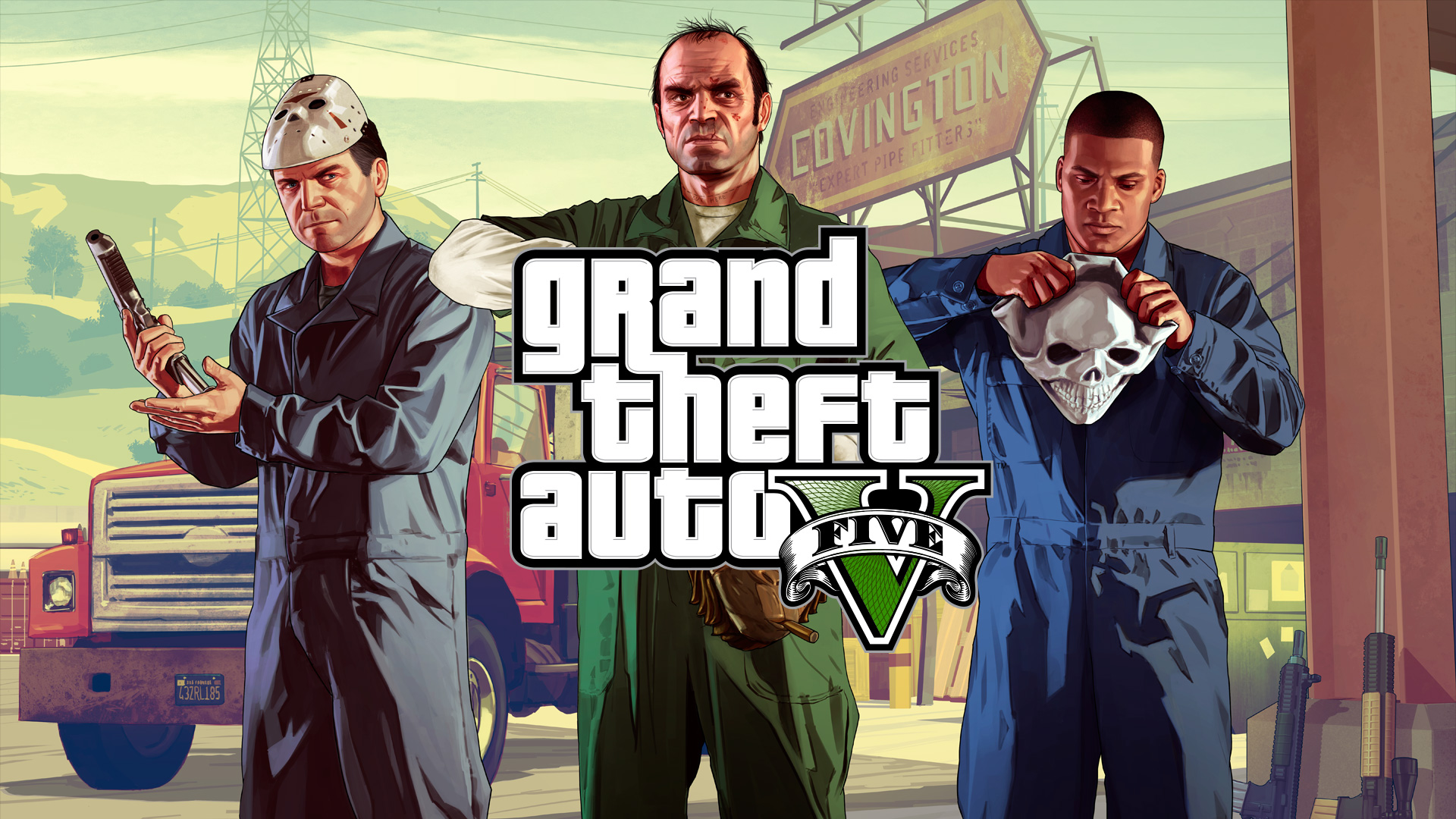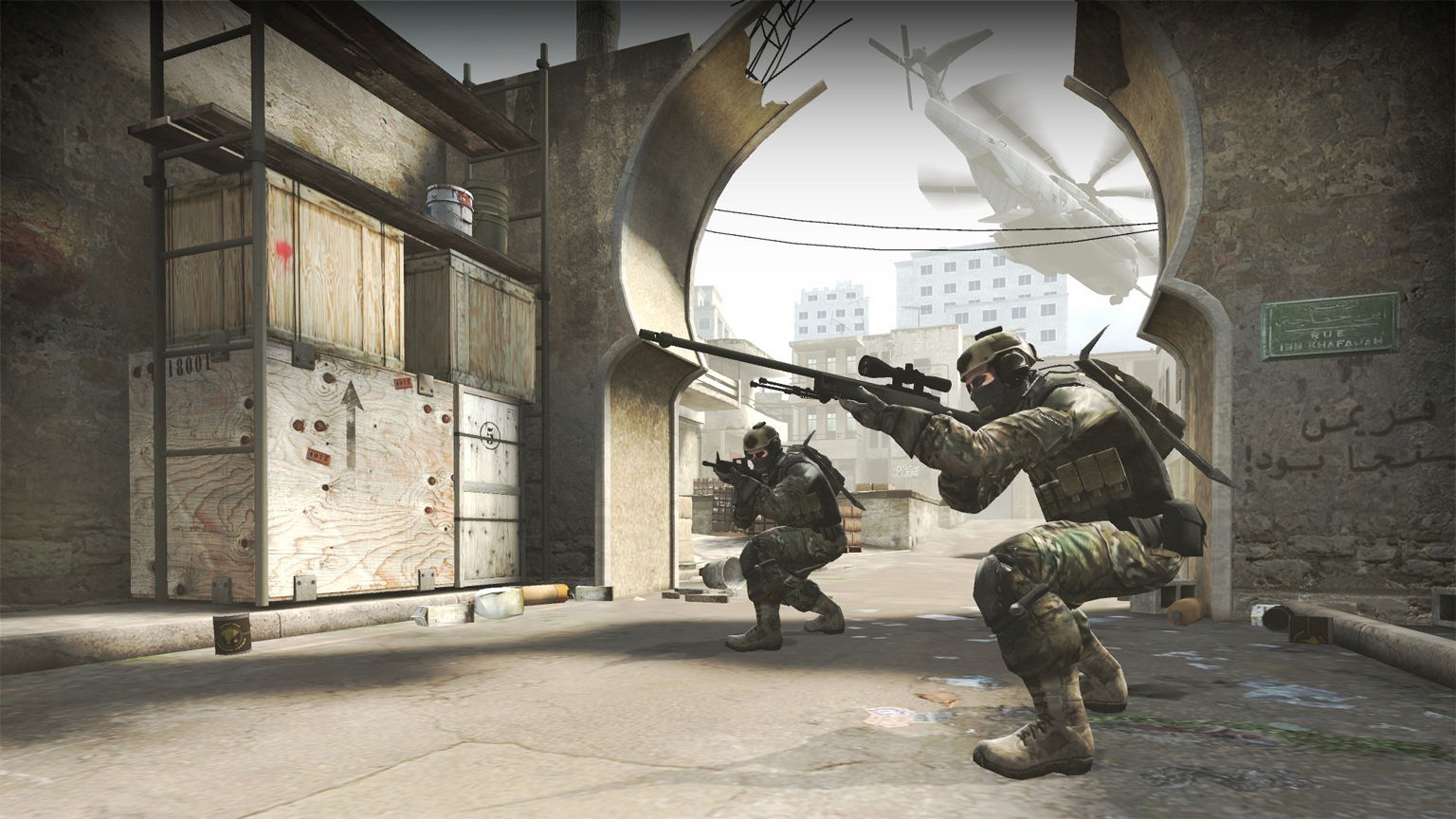
A Few Thoughts on Design
7 mins
Designing, it allows for so many better and more exciting things to take place in the world but most of us don’t like sitting down and devoting time to do this in the projects and tasks we need to do. This may just be from my own experiences but it feels it is down to the fact that we are so desperate to get started and love that are mind is running wild with possibilities we want to make them real; we want them to exist to eagerly.
My Experience:
I have always loved developing things, even from a young age. I would make games out of my toys and put rules in place around what I could and could not do in the context of the game. These however never ended up staying, it would change every five minutes with my trying to fix what I found boring. I didn’t know this at the time but I was doing something quite similar to that of what real game developers do but in a much more primitive and naïve way. I kept doing this as I grew up but it developed more into making board games or worlds for these to take part in; what I would argue is the least important part of development early on. The games I were making never really got to a point where I was writing rules, they just had places, people and items. All which were useless in the context of the experience for the player as all they could do is look at it.
When I got older I began to play more and more electronic games which allowed my mind to expand in possibilities of what was achievable. There were no restrictions of complexity, no limited reaction time, no keeping track of things which were mundane. It opened my eyes to what I could make, it seemed to be perfect. I then knew I wanted to develop games.
Around my 12th birthday my father & mother brought me a program I begged him for called ‘Dark Basic’ which allowed you to code in BASIC and provided tutorials and documentation that was easier to understand and find than that of C++ and other languages. My father would sit there with me from time to time and read through this large and knowledge filled book of information on the program and how to code. I would hang on every word and keep imaging the possibilities that could take place if I mastered this skill. My skills did grow and I learnt more and more about the things that existed within coding and how to use these tools.
A problem did however come from this. Seeing how I could take a black space and fill it with whatever I wanted gave me the idea I could achieve anything I wanted of any size or scope. My ideas grew and grew. I didn’t even think about design, I just wanted to make things and see how it turned out. I had these plans for enormous working worlds that were persistent and would grow over time, developing and changing, whole concepts for different games squeezed into one making the idea become a bloated mess. It kept growing and I kept making parts of it in random order. A ship construction system, a Night Watch Management system, a Smithing system and the list goes on. None had designs to start with and all felt different to each other. There was no cohesion, no structure. I had the logs but not the string to tie the raft together. I began to get confused and lost within my own work. Then a few years ago I took a step back from this game and started to plan.
A little side note now. As I was working on this game I played a lot with my friends and we played a variety of games. From Grand Theft Auto V, to Counter Strike Global Offensive, even Farming Simulator 2015. Every time during or afterwards I would ask myself questions; how would I code that bit, what made me come back, what was fun, what could be better? When I thought about these things it gave me such an insight into how I should develop my games, how I should plan and how I could make something be enjoyable. The most important insight I feel I have learned which I try to stick by as much as possible is simplicity which gives the opportunity of depth. By this I mean an easy to grasp mechanic with a large learning curve that allows the player to feel a sense of worth in doing the action again and again and again. Counter Strike for example does this incredibly well by having such a simple to understand concept, which is shooting someone and adding in many small but noticeable actions that affect the outcome. Moving lowers accuracy meaning more chance of missing, different patterns for each gun meaning the spray is predictable if you learn that weapon pattern but not fully known as there is some randomality added and so many more. This allows for the sense of development and awe from other players to organically flow throughout the experience. This is one of the reasons I feel it has become such a large esport.

What I’ve learned:
After this I decided I wanted the things I learned to become characteristics of the games I wanted to develop. I wanted my game to be as well designed as possible, that if you thought about parts of the game it would make sense why things were developed in that way and what the importance was for it being that way. I didn’t want someone to play the game and half way through think ‘why the heck do I need to do it like this?’ I made a few guidelines for myself in terms of design;
- Something must make sense, it must be easy to understand why they have to do something in this manner.
- Simplicity, a mechanic must be as simple as it can be while also keeping as much depth as possible; by doing this it is meant to prevent confusion for the player and allow for the player to play the game instead of wasting time trying to figure out a really confusing and convoluted system.
- Abstraction, much like coding in an Object Orientated way the mechanic must resemble or be comparable to real life; it can’t pretend to be one thing and act in a completely unpredictable manner.
- The last guideline I set myself is predictability, the mechanic must have some cohesion and rules that it abides by; if it doesn’t then the player doesn’t have a chance and skill is removed. It becomes unfair and more of a chore than an enjoyable experience.
These guidelines are by no mean an exact science but it allows for help in the design and development of games. As the name suggest they are guidelines not rules.
So why am I telling you all this you might be asking which is a valid point. I feel there is lots to learn from how I learned as there was no structure to how I got to my conclusions and it shows an insight into how I’ve came up with some of thoughts and feelings on certain areas of design. I would really encourage the next time you are playing something take a step back either at the end or when you’ve died/lost to think about what makes you play it again and again. It might surprise you what you could learn from those few minutes of reflection.
Subscribe
Subscribe to this blog via RSS.
Categories
Ai 1
Blog 13
Design 8
Snake 3
Thoughts 1
Concept 3
Birdman 2
Recent Posts
Popular Tags
Blades of war (1) Development (4) Ai (1) Dynamic fire (1) Blog (13) Board game (1) Play and games (1) Design (8) Low level programming (10) Snake (3) Thoughts (1) Endless runner (4) Play & games (2) Global intervention (2) Concept (3) Birdman (2) Networking (1)
